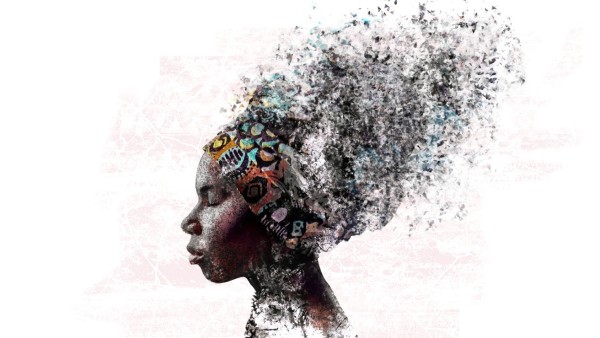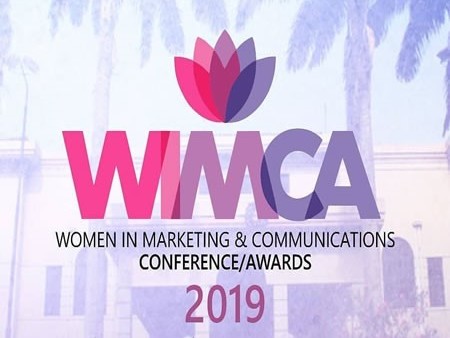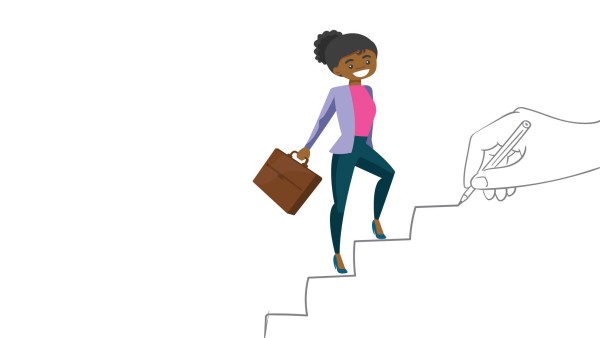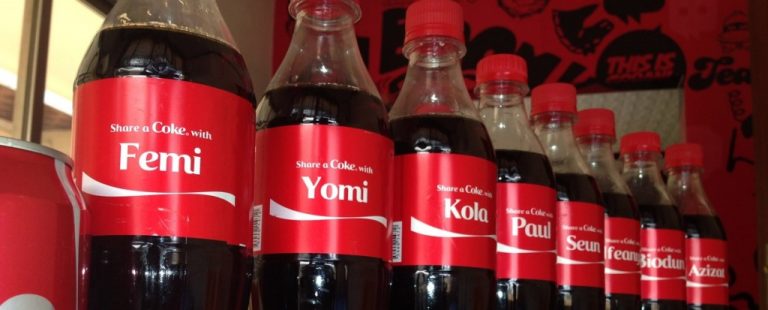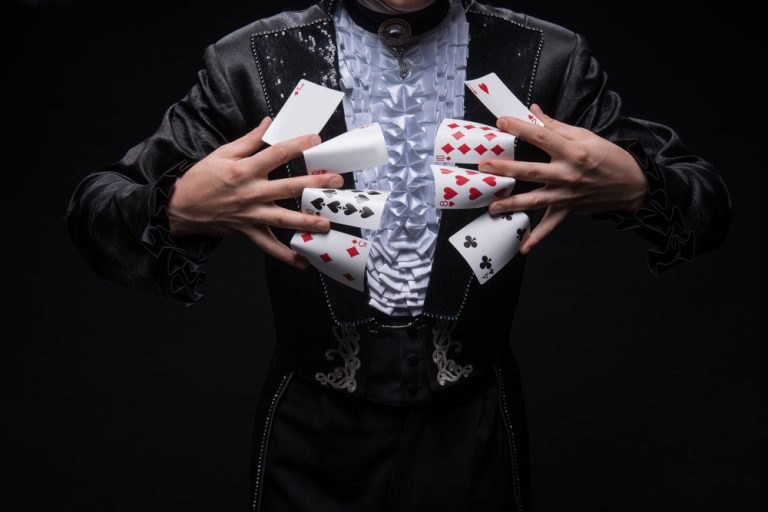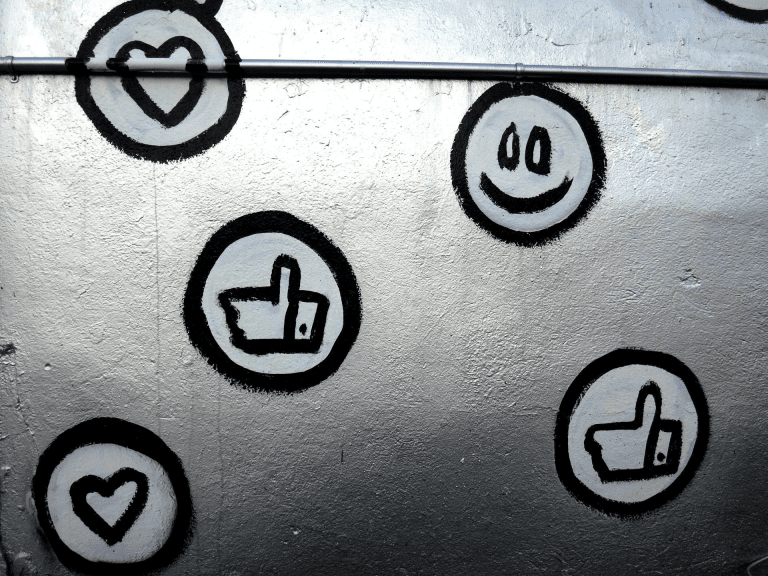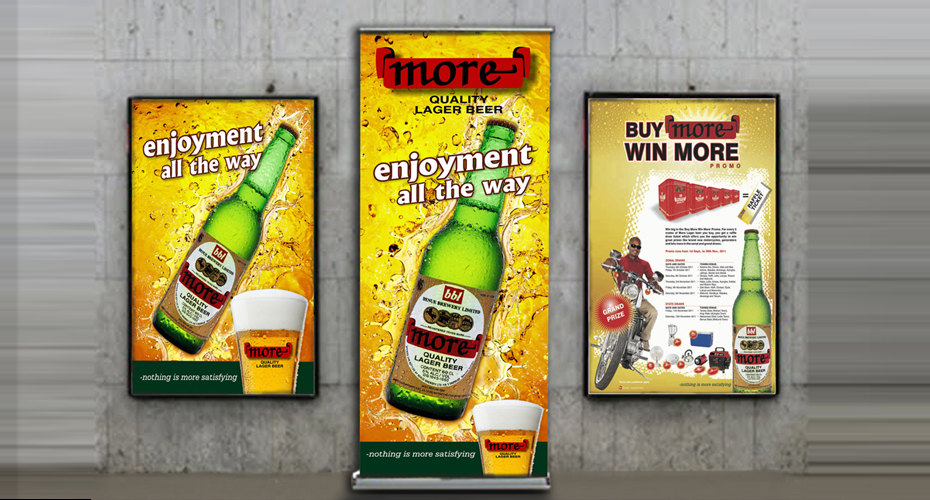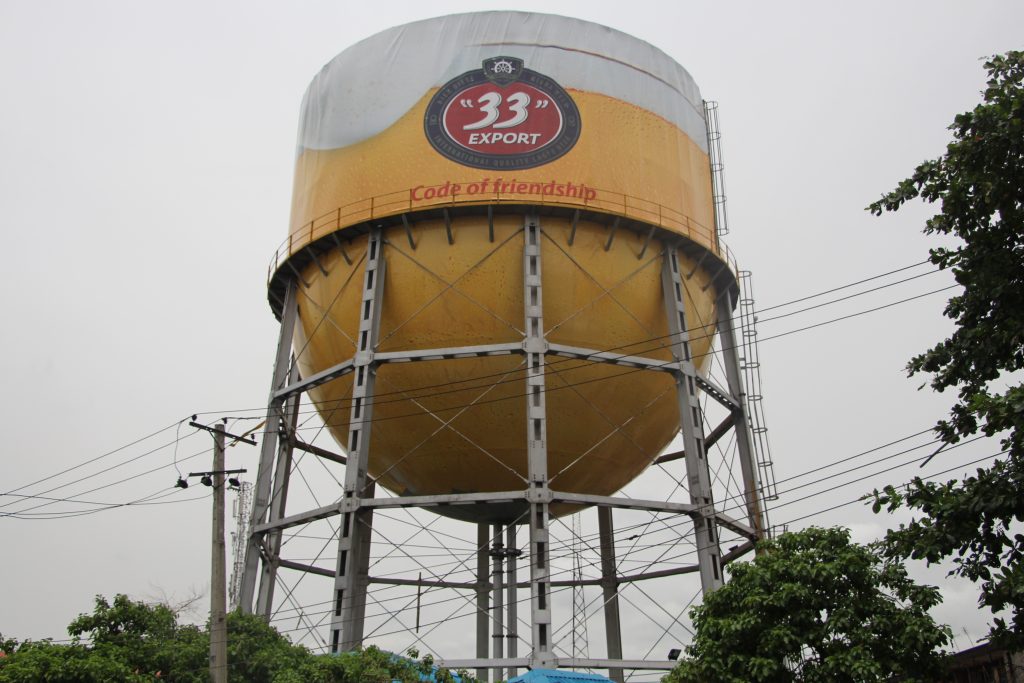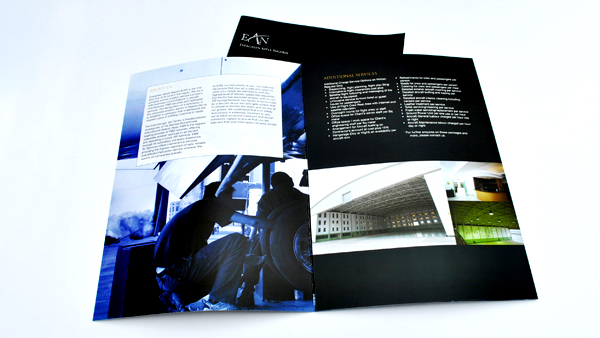Mental Health Awareness Among Creatives
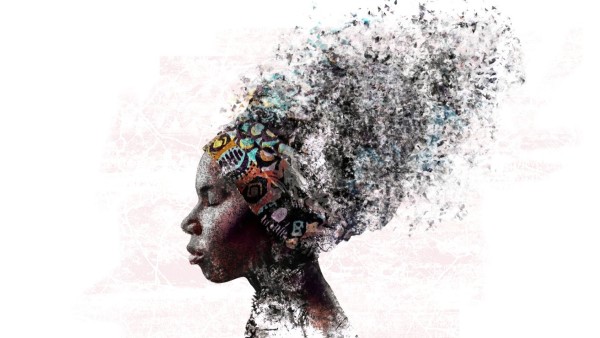
Could creatives be more prone to depression, suicide or any form of mental illness? There is no doubt we live in a world where so many negativities fill the air- the same space creatives draw inspiration.
In placing a benchmark to this question, Faddy Finch, a design thinking mentor and author noted that, “creatives are extra sensitive and can be volatile. The same personality types are found in every sector but not compared to banking, law or hospitality, being measured by your quirks and passion in the arts, rewarded rather than suppressed.”
“They’re able to lift the value of a business by innovating, entertaining
and enriching our lives. Being sensitive, unpredictable and human is their super power.
Making surprising connections and stirring emotions
…with imagination, drive and playfulness, creating things and challenging expectations. We know them as creatives.”
“Creatives are bold but also vulnerable, they have a fearless sense of adventure,
But many suffer from poor mental health.” – Faddy Finch
The Challenge
Undoubtedly, there has been an alarming increase at the rate of suicide in the world today. Taking a more tentative look at this claim, the World Health Organization (WHO) revealed that every year, close to 800,000 people take their own lives and there are many more people who make the attempt.
The Connecting Dots:
Creativity, Depression, Anxiety, Suicide.
In 2018, a community of creatives in Australia called ‘Never Not Creative’, carried out a major study on Mental Health and Well Being of the Media, Marketing and Creative Industry. Findings from this study revealed that the creative industry showed high levels of depression, with 61% of the creative industry showing symptoms of depression, compared to 53% in marketing and 46% in media. In general, 39% of the industry have worked more than 4 days while physically or mentally ill in the last 4 weeks.
In 2014, Andreas Fink, a Neuro-scientist, carried out a research at the University of Graz, recruiting creative people as well as people living with schizophrenia. People with schizophrenia are known to have odd behaviors and beliefs. At the end of the research, it was discovered that the brains of people with schizophrenia and those who were highly creative and original were quite similar.
Also, scientific findings have it that the brains of most creative types particularly the influential and genius have been proven to open up more to external sources and possess greater memory capacity than others, but such a perk does come with its own burdens which include various mental disorders.
From Flashback to Present: Looking through the Tunnel of Time
- Vincent Van Gogh, one of the world’s greatest artist, cut off his ear after an argument with a friend. He later committed suicide in 1890.
- Virginia Woolf, one of the most important modernists of the 20th century authors, swam into the middle of a river and drowned herself.
- At age 30, Sylvia Plath, a budding poet, stuck her head in an oven, while her children slept next door.
This is to mention but a few.
Taking a swift drift to Nigeria, the suicide rate has increased alarmingly, following the massive human consumption of Sniper, an insecticide perceived to be the new ‘means to an end’.
Amongst the many recent suicidal cases, all by the insecticide includes:
- The death of a Lagos based disc jockey, Seun Omogaji, popularly known as Dj XGee
- Chukwuemeka Akachi Ugwoke, a poet and final year student of the University of Nsukka (UNN). Information has it that before his death, Akachi had attempted suicide several times as a result of severe depression.
- The most recent case is the death of another prolific writer and poet, Opeyemi Dara, one of the young minds of Obafemi Awolowo University (OAU).
All these deaths had one thing in common – super talented creatives suffering in silence while doing great works
Warning Causes of Depression Among Creatives
- Late Night Sleep: This is very common among many creative types such as writers, painters, graphic designers and the likes, who work into the night and the early hours of the morning, as it is perceived that these periods fetch an outburst of imaginative ideas. However, psychologists have shown that the night owl creative lifestyle can impact someone’s mental health in the long run.
- Repetitive Thinking: Although this can be said to be an essential part of a creative process, prolonged focus on negative thoughts can lead to sadness, anxiety, distress and even feelings of isolation.
- Increased Stress: Research has shown that as stress hormones are released, they particularly affect areas of the brain key for memory and regulating emotions. Therefore, chronic stress increases the risk of developing depression and anxiety.
- Substance Abuse: Common in the creative and entertainment industries, these stimulants have been proven to have effects on mental health.
- Unfulfillment and Frustration: Most creatives are highly sensitive beings. According to Forbes (2018), “when you succeed at creating a result, no matter
what it is, your brain is flooded with dopamine, that feel- good chemical that actually helps motivate you.” The reverse becomes the case when faced with underachievement and surprisingly in some cases, overachievement too.
Balancing our Creativity and Mental Health
- Carrie Barron, a psychological researcher and Author formulated – The Creativity Cure:
A process whereby creatives can balance their art and mental health. This involves “How to Build Happiness with Your Own Hands” addressing the question of how creative work can involve anxiety and others our strong feelings but also provide relief. Barron noted that there are many stages to the creative process; some include a letting go, some a running in. “The trick is to teach yourself to have tolerance for these uncomfortable phases with trust and patience.”
While speaking about his work titled: “IF IMMA BE BIPOLAR, I’D RATHER BE WHERE IT’S COLDER”, Goodwill Mokako, a multi-disciplinary Visual Artist revealed that he was inspired by his struggles, things that affected his joy and victories.
“…until you get to the idea that grabs, holds and guides you through…
When you reach that place, agitations and stress decrease, and a more balanced,
positive view ensues. Absorption in a project that interests you can be an antidote for oppressive states of mind.” – Mokako
In other words, sometimes we just have to take a deep breath, take a slow walk hand in hand with our passion and follow what gives us that inner peace and fulfillment from deep within.
Breathe! You Are Not Alone
Below are two creatives who walked through the valley of mental health challenges and came out with scars that tell their victory stories.
- Betty Irabor – Nigerian writer, publisher and founder of Genevieve Magazine revealed the chronicles of her battle with depression (which almost led to suicide) in her book titled – Dust to Dew.
“I came to a realization that my getting better was not in anybody’s hands,
not even my Psychiatrist. So, I stopped paying homage to the situation I was in, I stopped celebrating depression…”
“Cut toxicity around you. Anything that affects your mental health,
learn to walk away from it.”
My Beautiful Mind Network is yet another product of Mrs. Irabor’s victory over depression. She revealed that “It is a network of 20 women advocates from different parts of Nigeria to keep the conversation on mental health and depression going and also offer help to people battling with mental health challenges”.
- Bassey Ikpi – a Nigerian American ex poet, writer, and mental health advocate.
Several years ago, she was diagnosed Bipolar Disorder II. “Something wasn’t right beneath the façade of the confident performer, Bassey’s mental health was a precipitous decline”. This led to a breakdown that resulted in her hospitalization. However, with the support of loved ones, she was able to “take control of her mental health and redirect her energies towards new projects and opportunities.”
Bassey is the founder of the Siwe Project, a mental health organization that centers on Black and Brown people in an effort to spread mental awareness. She is also creator of #NoShameDay, an initiative that attempts to reduce stigma and increase mental health awareness.
A Healthy Working Environment
Ultimately, an effective and stable mental capacity is the selling point for creatives. This is why the importance of mental health in the creative industry cannot be over emphasized, as a healthy working environment is a sure key to productivity.
To this end, at Etu Odi Communications, deliberate efforts are made to constantly build and maintain a tension free work environment where expression is unhindered, little corporate/individual wins (including birthdays) are celebrated and everyone feels like someone beyond positions and portfolios. This has created an atmosphere where ideas flow with ease and team work breeds, yielding a perfect blend of individual uniqueness for collective productivity.
Also, Founder and CEO, Victor Ugo of the Mentally Aware Initiative (MANI) has emphasized on the need for “creating a comfortable environment for open conversations about mental health issues”.
“In these times where suicide rates are rising across the world, we have to now recognize that social media is the new suicide note, and we all have to listen.”
Need someone to talk to? Relate with? Or just listen and hear you out in a world full of noise.
Mentally Aware Initiative (MANI) provides mental health first aid and suicide intervention.
Kindly visit: https://www.mentallyaware.org/about/ for more details.
Eden Odein Benibo
Content Writer,
Etu Odi Communications.


